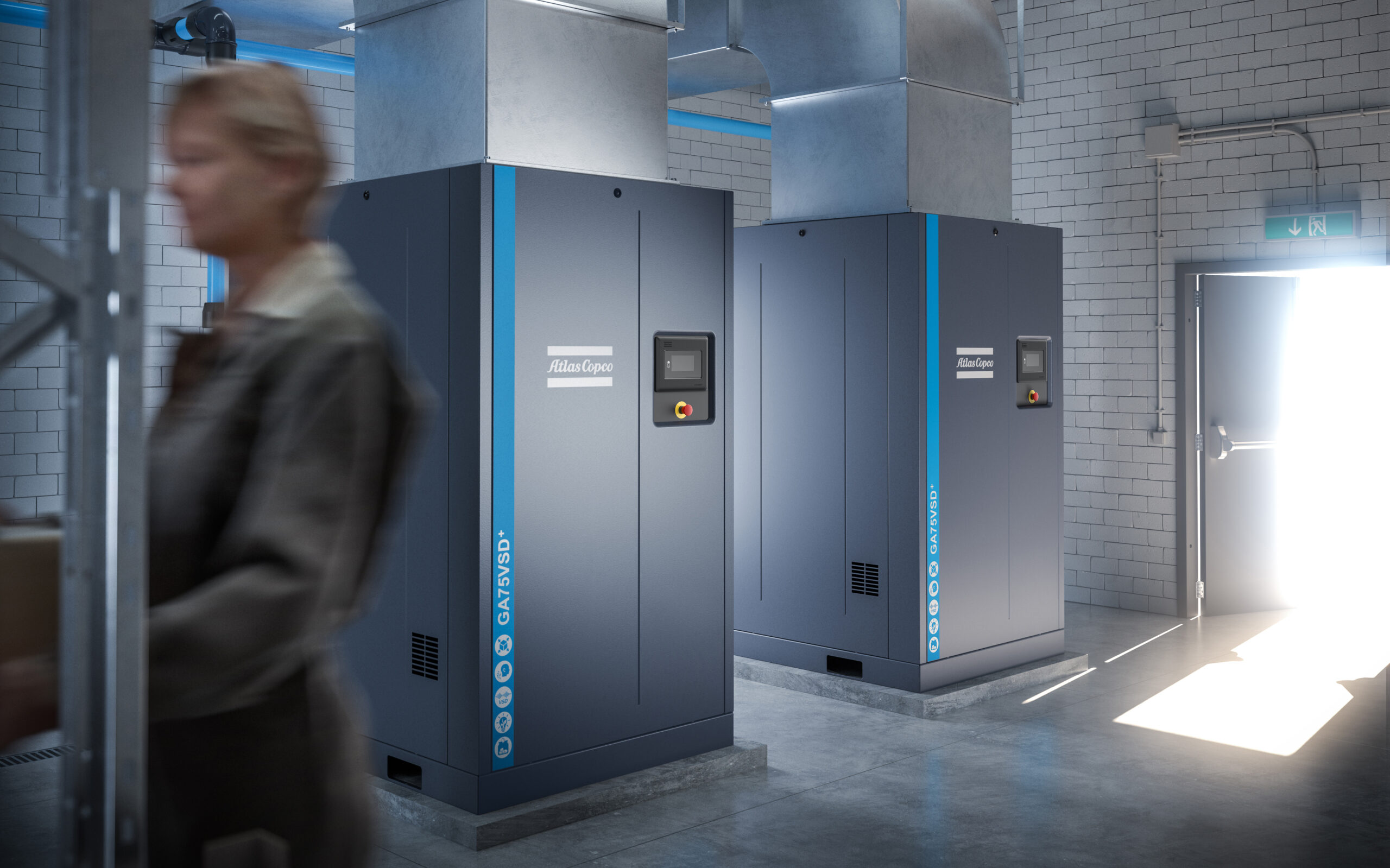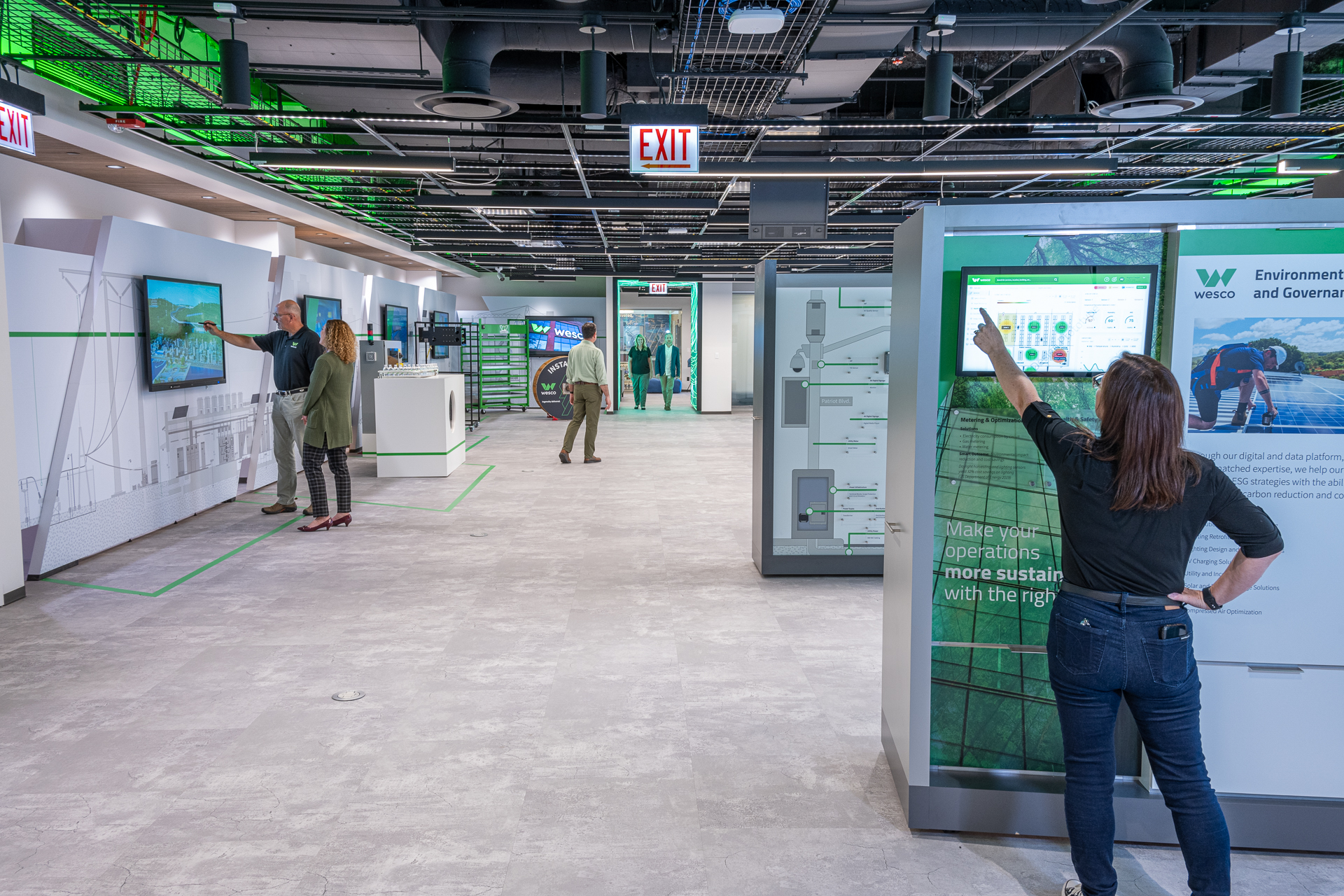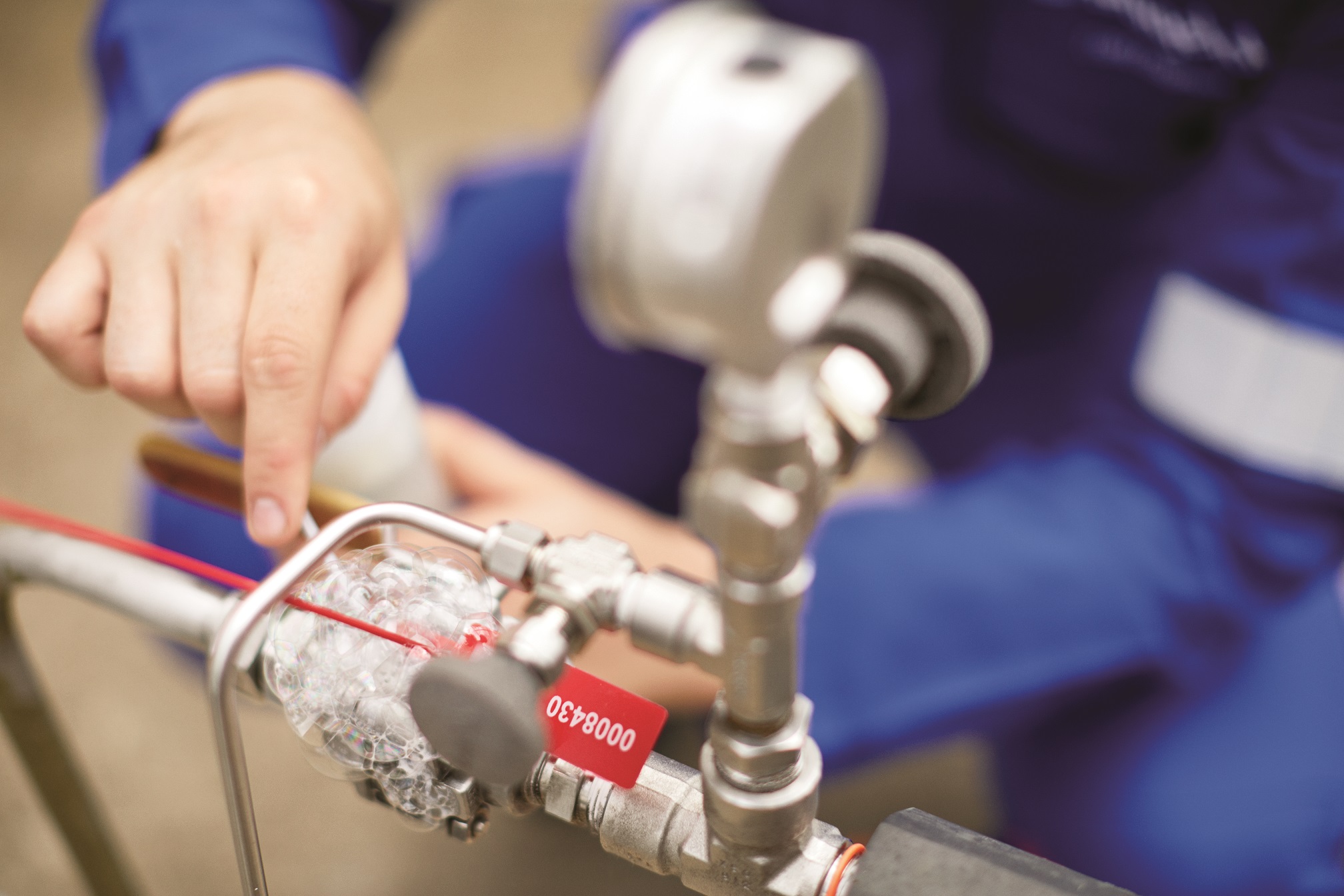MHI study cites three barriers to adoption, but a majority of companies already use the technology.
The digital supply chain has arrived, and its use will become predominant over the next five years, even as companies contend with business case, workforce, and cyber security issues.
At the annual MHI industry report presented at the MODEX Conference in Atlanta on April 11, Scott Sopher, principal with Deloitte Consulting, noted there are only two choices when considering how the digital supply chain will be adopted in a plant. “Is it a disruption, or a competitive advantage?” Sopher asked the attendees at the keynote address that announced the survey results.
According to the MHI study, the use of cloud computing is already prevalent with 55% of respondents currently using it. That number is expected to grow to 78% over the next two years and 91% in the next five years as the digital supply chain continues to grow in prominence.
Other technologies also are expected to follow suit. Predictive analytics will be employed by 82% of supply chain users in the next five years, while Internet of Things (IIoT) adoption will grow to 70% and robotics usage will rise to 73% in the same time frame.
The use of robotics also will be driven by the continuing workforce shortage in manufacturing and supply chain. It is one of three barriers to adoption for the digital supply chain, according to Sopher.
“The skills and workforce shortage—that’s not a new one, but it continues to be a significant barrier,”he said. Making a sound business case for a digital supply chain and having a sound cyber security plan also are seen as significant issues.
One potential solution is block chain technology,which is a secure transactional process used in cyber currency. The MHI study found that while 6% of companies employ block chain today, that number will grow to 54% over the next five years.
Sopher also cited four ways companies are preparing for the digital supply chain:
- 48% are partnering with vendors around new technology or the supply chain
- 46% are improving training for existing employees.
- 46% are changing their recruiting approach and are concentrating on a different skill set for new hires
- 44% are increasing their investments in the emerging technologies.
"Early adopters are successfully combining NextGen supply chain technologies to improve speed and agility and increase efficiency and visibility," said George Prest, CEO of MHI, in a press release announcing the study’s results.
Bob Vavra, content manager, Plant Engineering, CFE Media, [email protected].



